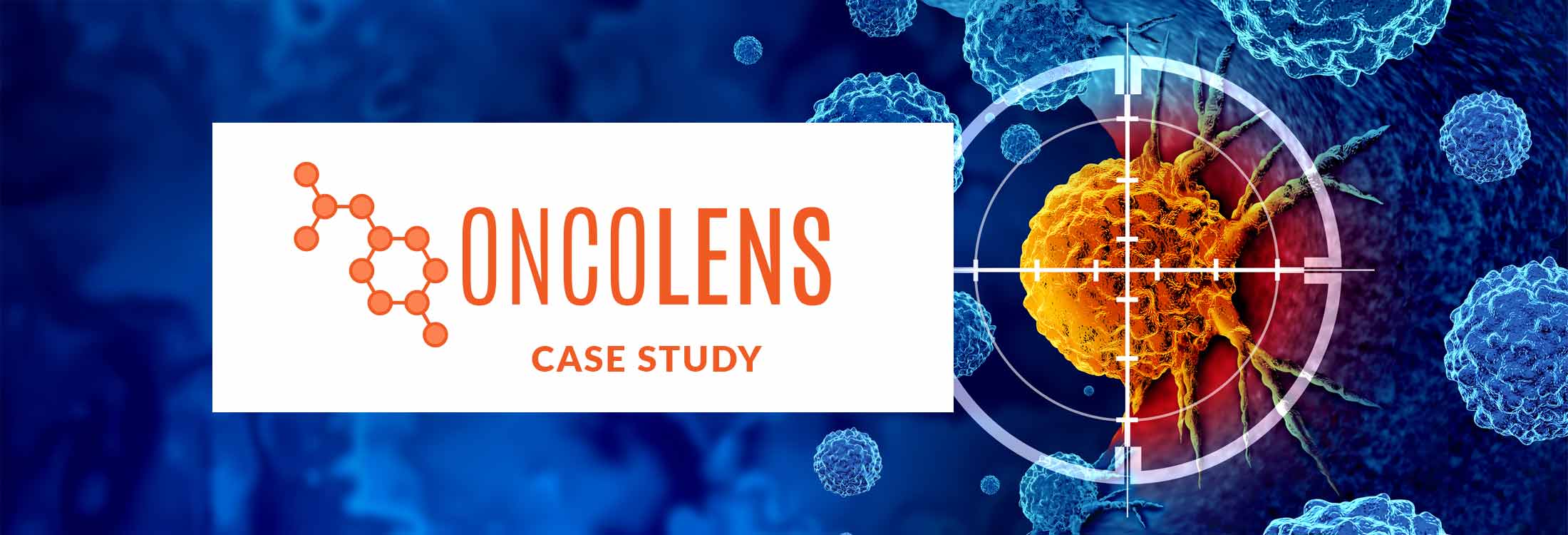Melanoma Oncolytic Immunotherapy:
An Evolving Therapeutic Landscape

-
CME Information or Content Source:Maximum of 1.25 AMA PRA Category 1 Credit(s)™.
-
Event Details:Click here to access the course and receive credit.
You can expect the activity to take about 75 minutes. This enduring material is approved through May 28, 2025. -
Event Sponsor(s):This continuing education activity is provided by Vindico.
-
Event Supporter(s):This activity is supported by an educational grant from Replimune.
-
End Date:May 28, 2025
Treatment for patients with melanoma has been revolutionized by the integration of new immunotherapeutic strategies. Although anti–programmed cell death 1 (PD1) checkpoint inhibitors have greatly improved survival outcomes for many patients with advanced melanoma, effective treatment approaches are greatly needed in the setting of anti-PD1–failed melanoma. In this poor-prognosis patient population, emerging oncolytic virus immunotherapies may offer great promise. This program provides updates on the evolving landscape of oncolytic viruses and summarizes the rationale for their use in challenging treatment settings. Faculty review the latest clinical evidence and discuss the potential positioning of emerging oncolytic viruses within existing treatment paradigms for patients with advanced melanoma.
Melanoma Oncolytic Immunotherapy: An Evolving Therapeutic Landscape
Mar 27, 2024 | 11:45 AM EST

ACTIVITY CHAIR:
Michael Ka Keu Wong
MD, PhD, FRCPC
Professor, Melanoma and Cutaneous Malignancies
Medical Executive – MD Anderson Cancer Network
Houston, TX

FACULTY:
Anna Pavlick
BSN, MSc, DO, MBA
Weill Cornell Medicine
New York, NY

FACULTY:
Douglas B. Johnson
MD, MSCI
Vanderbilt University School of Medicine
Nashville, TN
Learning Objectives
Upon successful completion of this activity, participants should be better able to:
- Review the pathophysiology of advanced melanoma, including consensus definitions for determining anti–programmed cell death 1 (PD1) protein resistance.
- Describe the mechanism of action of oncolytic virus technology and the rationale for its use as a treatment for anti-PD1–failed melanoma.
- Summarize the latest clinical evidence on emerging oncolytic viruses for the treatment of patients with anti-PD1–failed melanoma.
- Assess the potential positioning of oncolytic viruses within existing treatment paradigms for patients with anti-PD1–failed melanoma.
Target Audience
The intended audience for this activity includes oncologists and other healthcare professionals involved in the management of patients with melanoma.
Accreditation/Designation of Credit
In support of improving patient care, Vindico Medical Education is jointly accredited by the Accreditation Council for Continuing Medical Education (ACCME), the Accreditation Council for Pharmacy Education (ACPE), and the American Nurses Credentialing Center (ANCC), to provide continuing education for the healthcare team.Vindico Medical Education designates this live activity for a maximum of 1.25 AMA PRA Category 1 Credit(s)™. Physicians should claim only the credit commensurate with the extent of their participation in the activity. Vindico Medical Education adheres to the ACCME’s Standards for Integrity and Independence in Accredited Continuing Education. Any individuals in a position to control the content of a CE activity, including faculty, planners, reviewers, or others, are required to disclose all relevant financial relationships with ineligible entities (commercial interests). All relevant conflicts of interest will be mitigated prior to the commencement of the activity.



